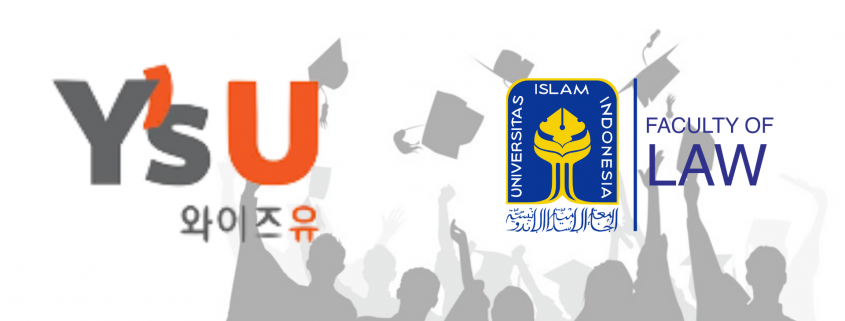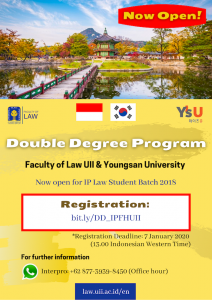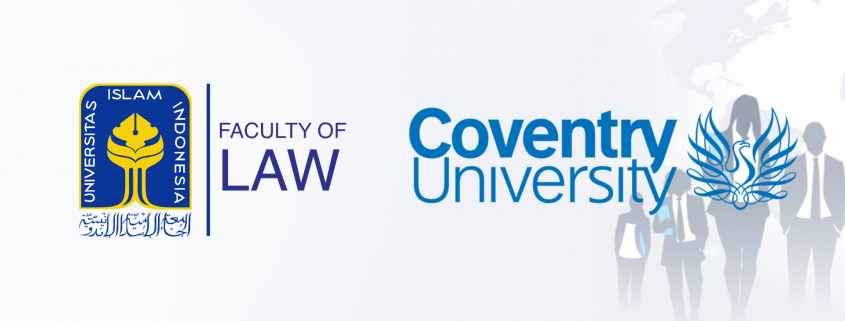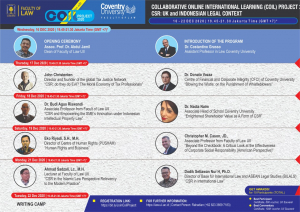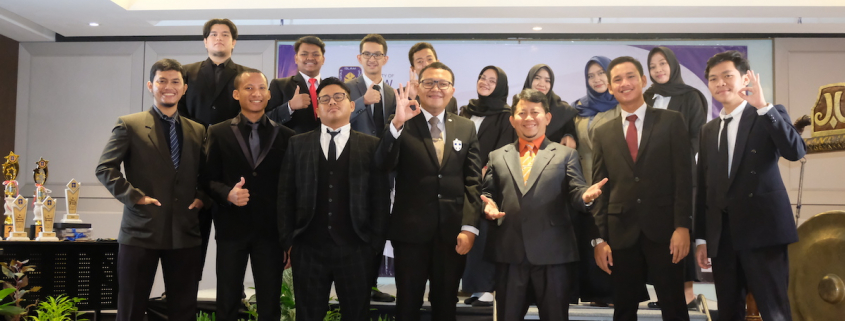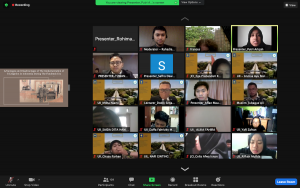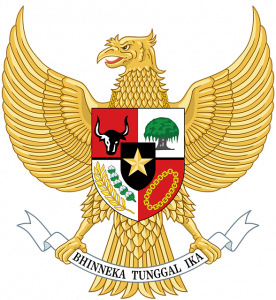Do you still remember the case of the Sulotco Kalosi Toraja Coffee Brand with a picture of a Toraja house registered and owned by IFES Inc. Corporation California with Registration Number 74547000. This is very extraordinary learning. One of them, it turns out that many foreign parties are currently increasing the competitiveness of their products through mentoring on behalf of the typical and quality products of the Indonesian nation. From this case, it is very important that the names of these distinctive and quality products can be protected through the Geographical Indication (GI) system in order to increase product competitiveness.
Geographical Indications: Regional Marks for /Special Products
Perhaps all this time we have known that in Indonesia there are several products that have uniqueness and quality and this is at the same time a superior product. Some of these products such as Salak Pondoh Sleman, Kopi Kitamani Bali, Lada Putih Muntok, Tembakau Mole Sumedang and many others. These products are basically products that have the potential to be registered with their GI.
GI is a sign that is used for goods that have a certain geographical origin and also have the quality or reputation caused by the place of origin. In general, GI consists of the name of the place of origin of the goods. The purpose of GI registration is so that the product can be legally protected. Protection against GI is collective, which is protection given to a product produced by a product produced by a certain area (Sugiono Moeljopawiro and Surip Mawardi, 2010).
GI was appeared and born in several centuries ago at Europe. GI itself includes the name of the place of origin of the goods. GI is a sign used on goods that have a specific regional origin and have the quality and reputation caused by the place of origin (Dora de Teresa, 2003). In the world, there are many products with quality and reputation due to the demand for GI. It is like; champagne wine (France), Parmigiano cheese (Italy), brandy pisco (Peru)—these products have been registered as GI in Indonesia (Riyaldi, 2012).
In the manner of paying attention to the definition of GI, it is clear that GI is a sign used for products that have distinctive and quality, where the sign refers to the regional name of the product.
Implications of GI Certification on Product Competitiveness Improvement
GI was appeared in the World Trade Organization (WTO) as part of the Trade Related Aspects of Intellectual Property Rights (TRIPs), particularly in Article 22 paragraph (1) of the TRIPs Agreement. GI is usually used to mark products that have specificity and quality caused by geographical factors, both natural and/or human factors. To obtain the GI it must be register.
GI registration itself is a legal mechanism that is carried out by means of labeling products to the Directorate General of Intellectual Property Rights of the Ministry of Law and Human Rights where to obtain the label there must be a product standard both in terms of institutional and governance as well as the quality and characteristics of the product as outlined in the GI registration. requirements book. The requirements book is a requirement for GI registration, which has a function if the GI label for a typical product is approved by the Director General of Intellectual Property Rights, then the typical product must be produced by the product community by referring to the requirements book.
In the manner of taking into the things above, GI basically can be equated with efforts to standardize the typical products of a region. This understanding can be known because to obtain the certificate of GI, a typical product community must first have product quality standards that can explain the uniqueness of the product.
Furthermore, by registering GI for distinctive and quality products, the following benefits will be obtained: First, on a macro basis it is hoped that it will improve the welfare of the community of distinctive and quality products and other communities around the community of typical and quality products; Second, legally the unique and quality products that exist in each region can be protected in legally; and Third, in terms of quality and grade, the competitiveness of distinctive and high-quality products in their respective regions will be able to be further improved.
Wallahu’ala’bis shawab
Prof. Dr. Budi Agus Riswandi, S.H., M.Hum.
Director of Intellectual Property Rights Center
Faculty of Law UII Yogyakarta
and Chairman of the Association of Indonesian Intellectual Property Center (ASKII)



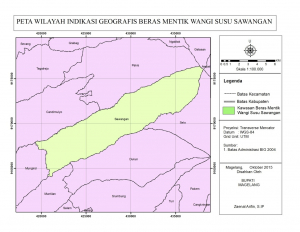
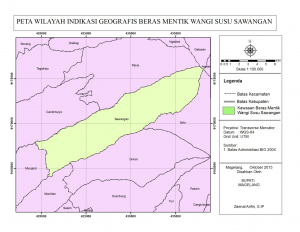
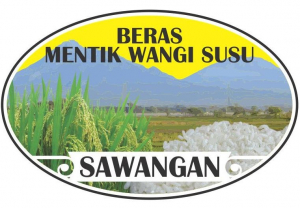

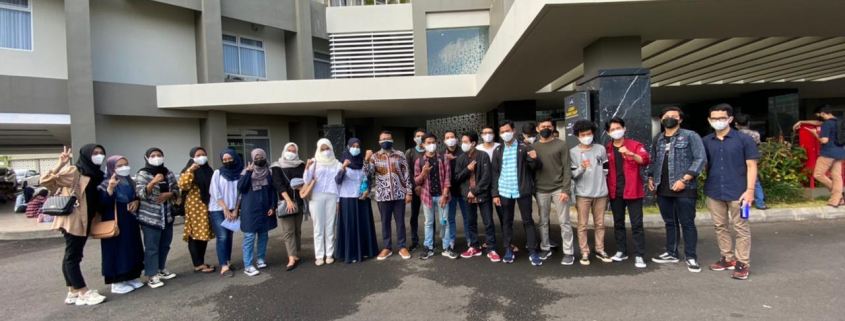
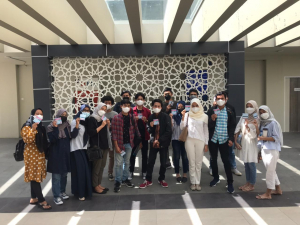
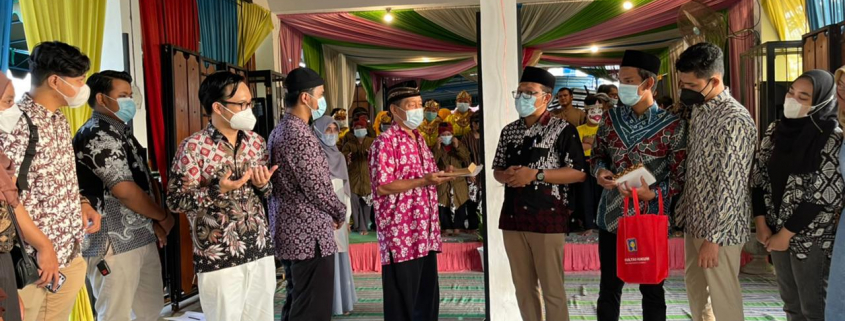
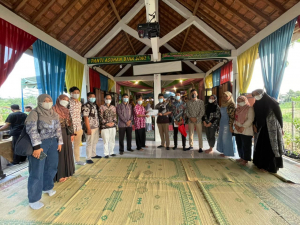 At the handover ceremony, the Secretary of the FH UII International Program, who was also the Supervisor of the SAIL UKM, Dodik Setiawan Nur Heriyanto, SH. MH. LL.M., Ph.D. asked by the board of the Bina Siwi Orphanage to give greetings and motivation to the foster children. In his speech, Dodik Setiawan said that since childhood he also had special needs, that his left ear could not hear. But with the motivation from teachers and his parents, he was able to achieve achievements in Europe by getting the summa cum laude predicate in the doctoral program from the University of Debrecen, Hungary. Based on his inspiring story, he advised the foster children and students to continue their enthusiasm for learning even in the midst of a pandemic time.
At the handover ceremony, the Secretary of the FH UII International Program, who was also the Supervisor of the SAIL UKM, Dodik Setiawan Nur Heriyanto, SH. MH. LL.M., Ph.D. asked by the board of the Bina Siwi Orphanage to give greetings and motivation to the foster children. In his speech, Dodik Setiawan said that since childhood he also had special needs, that his left ear could not hear. But with the motivation from teachers and his parents, he was able to achieve achievements in Europe by getting the summa cum laude predicate in the doctoral program from the University of Debrecen, Hungary. Based on his inspiring story, he advised the foster children and students to continue their enthusiasm for learning even in the midst of a pandemic time.